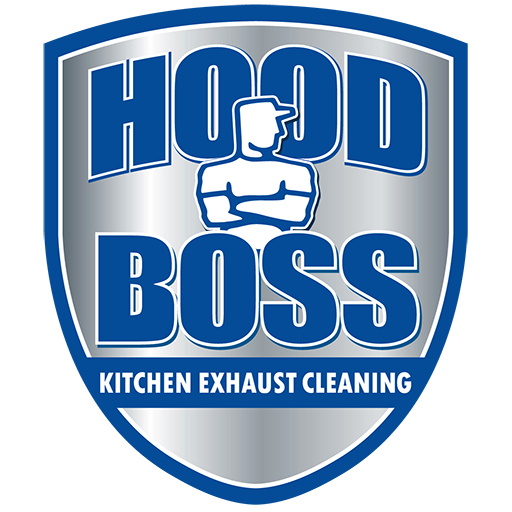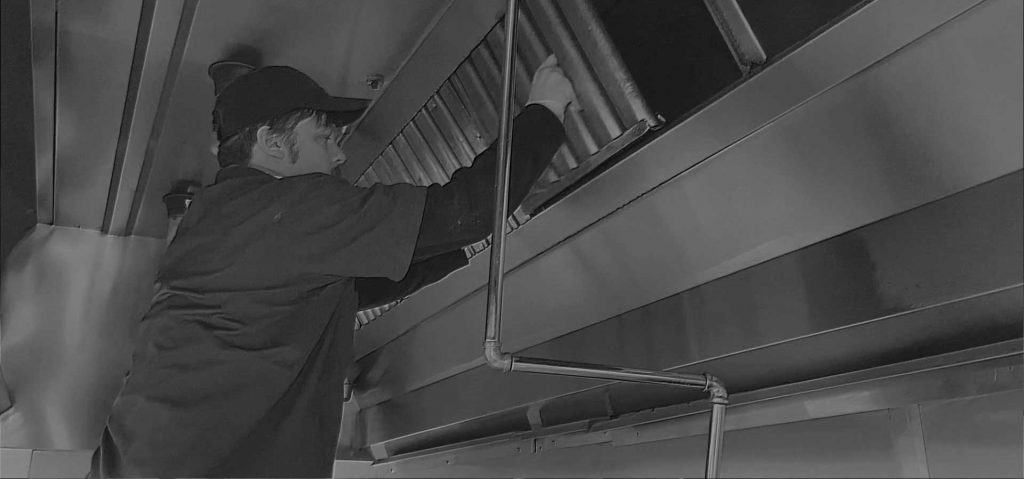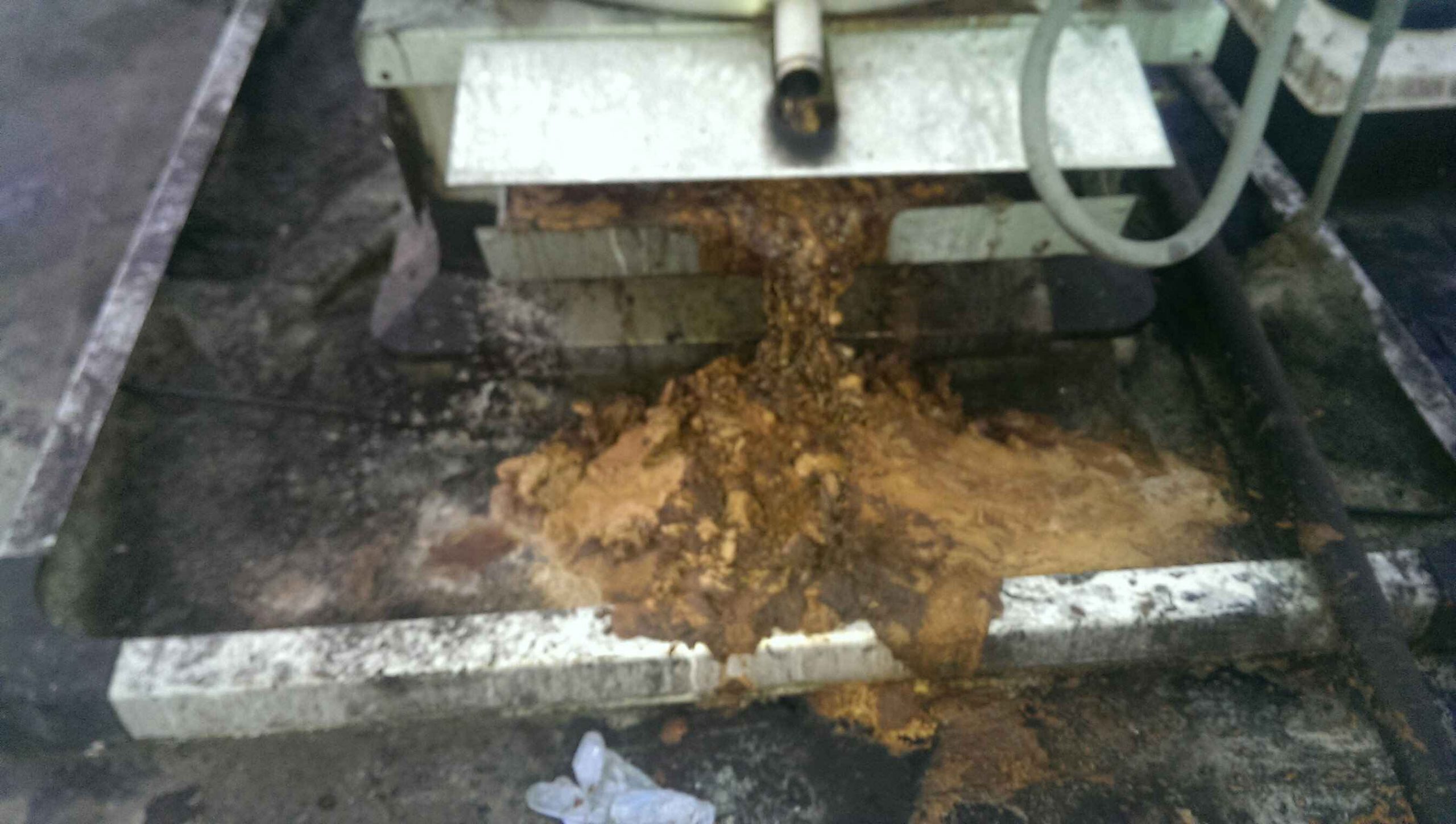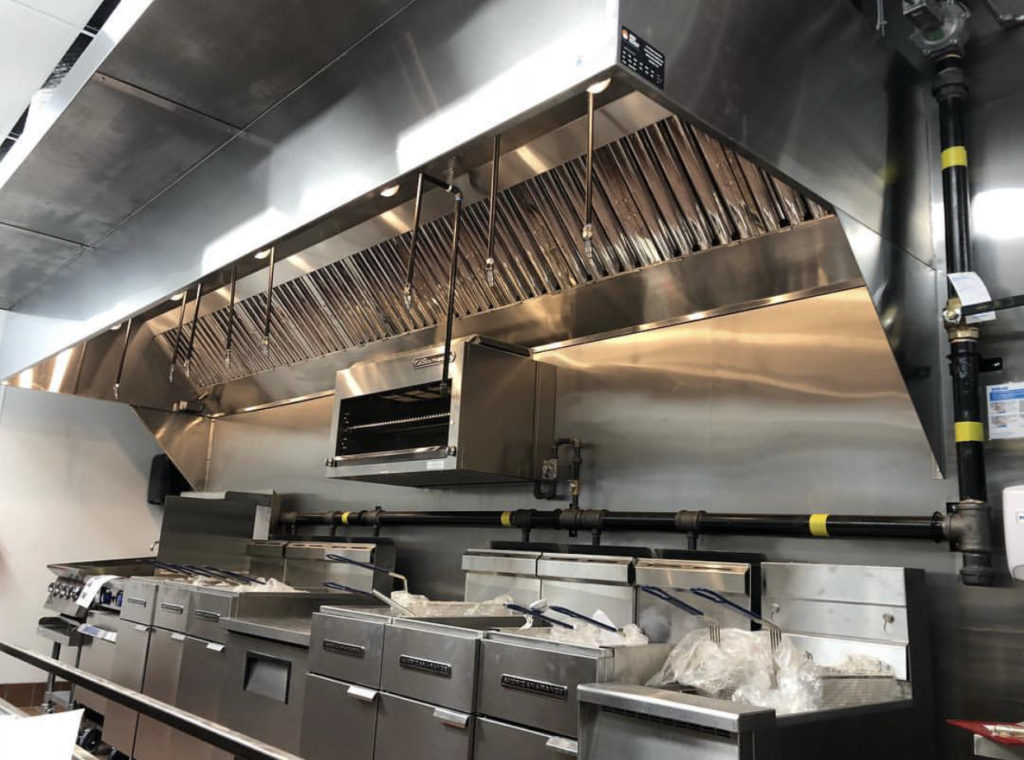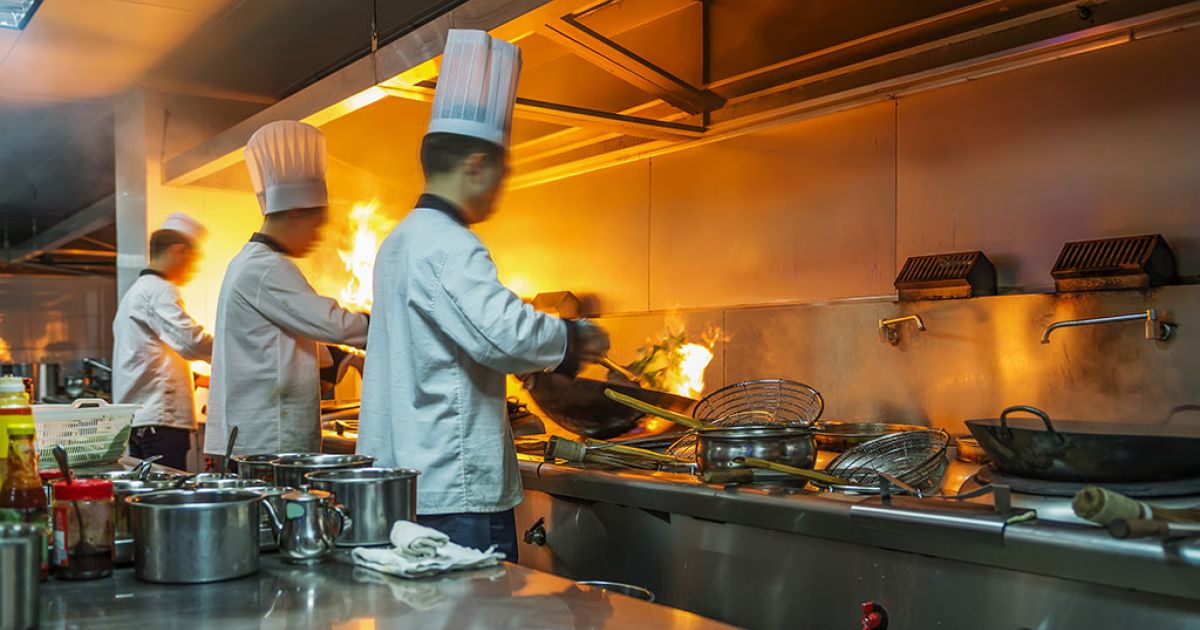Baffle filters, also known as hood filters, are an essential component of kitchen exhaust systems, particularly in commercial kitchens. They play a crucial role in trapping grease and preventing it from accumulating in the ductwork, which can pose serious fire hazards. Here’s a breakdown of their function and maintenance according to NFPA 96 guidelines:
- Function: Baffle filters force grease-saturated air to change direction rapidly as it passes through them. This process causes grease droplets to condense and stick to the metal blades, effectively removing them from the airstream. This not only prevents grease buildup in the ductwork but also reduces the risk of spreading flames in case of a fire on the cooking surface.
- Maintenance Frequency: NFPA 96 mandates that grease removal devices, including baffle filters, should be maintained more frequently than other parts of the exhaust system. The reasons for this include:
- Grease buildup is a significant fire hazard that can allow fires to spread from the cooking surface to the duct system.
- Clogged filters restrict airflow, leading to inefficient ventilation and potentially causing premature failure of the fan motor. This can result in increased energy consumption and higher electric bills.
- Smoke and unpleasant odors can escape into the kitchen and surrounding areas if filters are dirty or clogged.
- Neglecting filter maintenance can lead to costly repairs for the entire kitchen exhaust system.
Cleaning Frequency: The frequency of cleaning baffle filters depends on factors such as the volume of cooking and the type of facility. It is recommended to clean them on a monthly, weekly, or even daily basis to prevent excessive grease buildup.
Importance of Maintenance: Regular cleaning of baffle filters is crucial for reducing the risk of kitchen fires and ensuring the safety of employees and guests. It also helps in promoting energy efficiency and avoiding costly repairs.
Replacement: Damaged baffle filters should be replaced immediately to maintain the effectiveness of the exhaust system and prevent potential hazards.
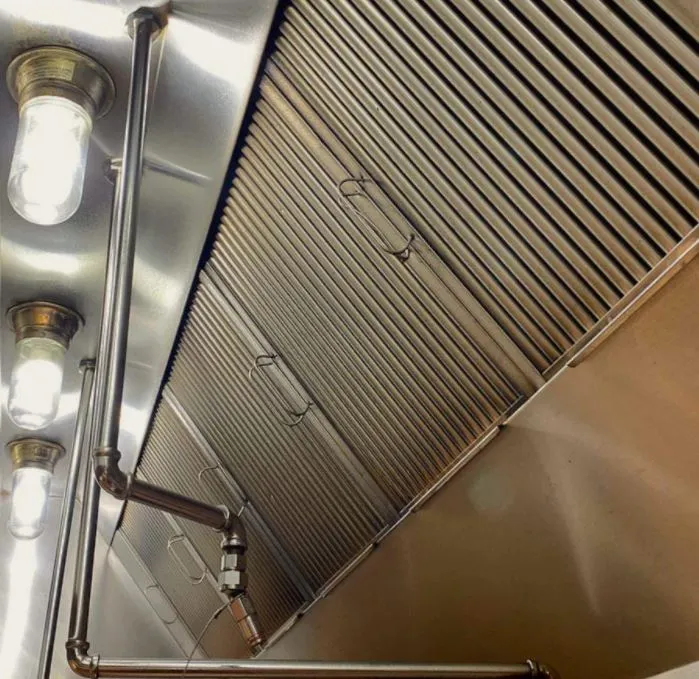
NFPA 96 Fire Codes for Hood Grease Filters
- 6.1 Grease Removal Devices
- 6.1.1 – Listed grease filters, listed baffles, or other listed grease removal devices for use with commercial cooking equipment shall be provided
- 6.1.2 – Listed grease filters and grease removal devices that are removable but not an integral component of a specific listed exhaust hood shall be listed in accordance with UL 1046
- 6.1.3 – Mesh filters shall not be used unless evaluated as an integral part of a listed exhaust hood or listed in conjunction with a primary filter in accordance with UL 1046
- 6.2.3.1 – Grease filters shall be listed and constructed of steel or listed equivalent material.
- 6.2.3.2 – Grease filters shall be of rigid construction that will not distort or crush under normal operation, handling, and cleaning conditions
- 6.2.3.3 – Grease filters shall be arranged so that all exhaust air passes through the grease filters.
- 6.2.3.4 – Grease filters shall be easily accessible and removable for cleaning.
- 6.2.3.5 – Grease filters shall be installed at an angle not less than 45 degrees from the horizontal
In summary, prioritizing the cleaning and maintenance of baffle hood filters is essential for maintaining a safe and efficient kitchen environment, complying with regulations, and avoiding costly consequences associated with grease buildup and fire hazards.
